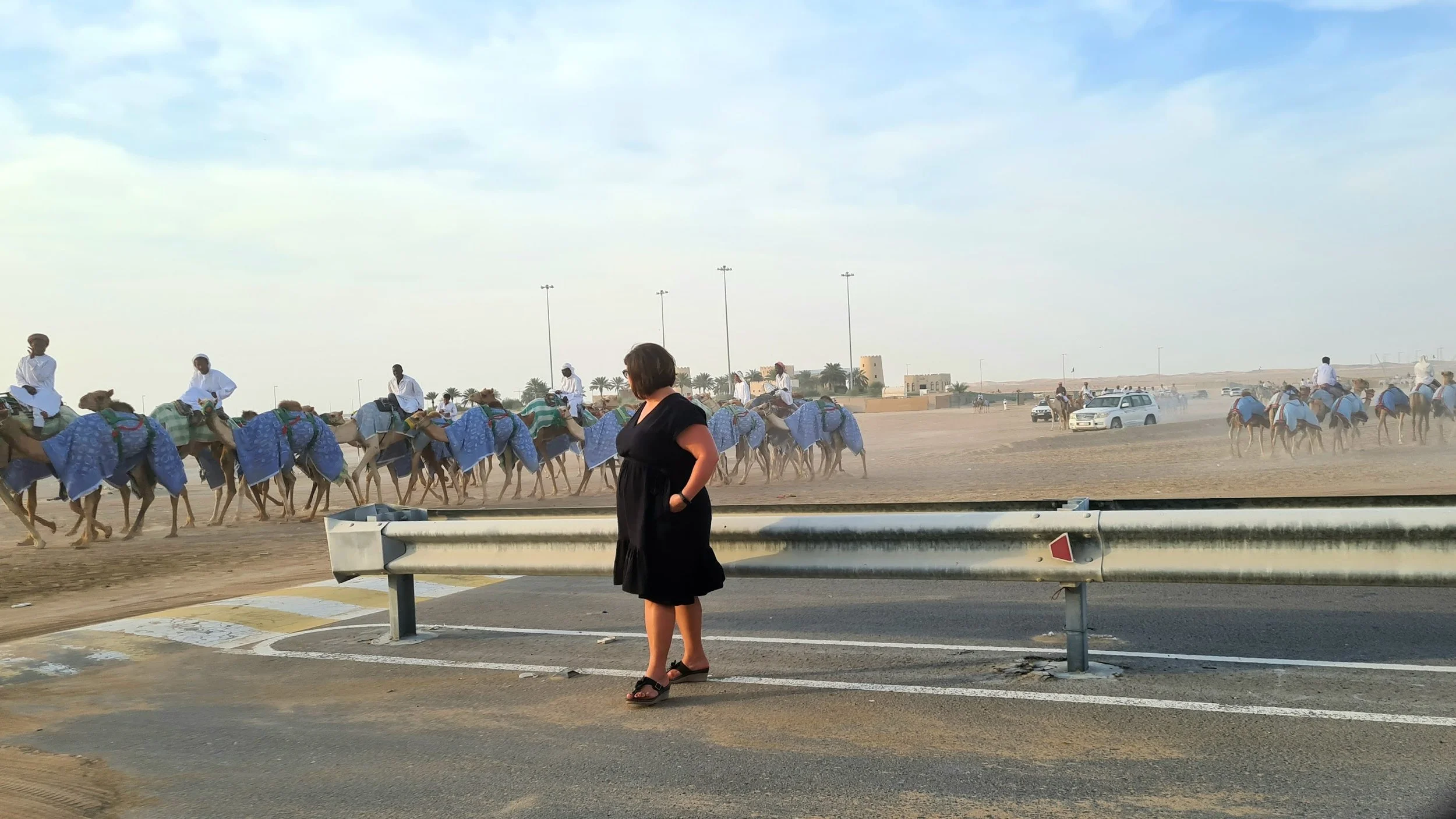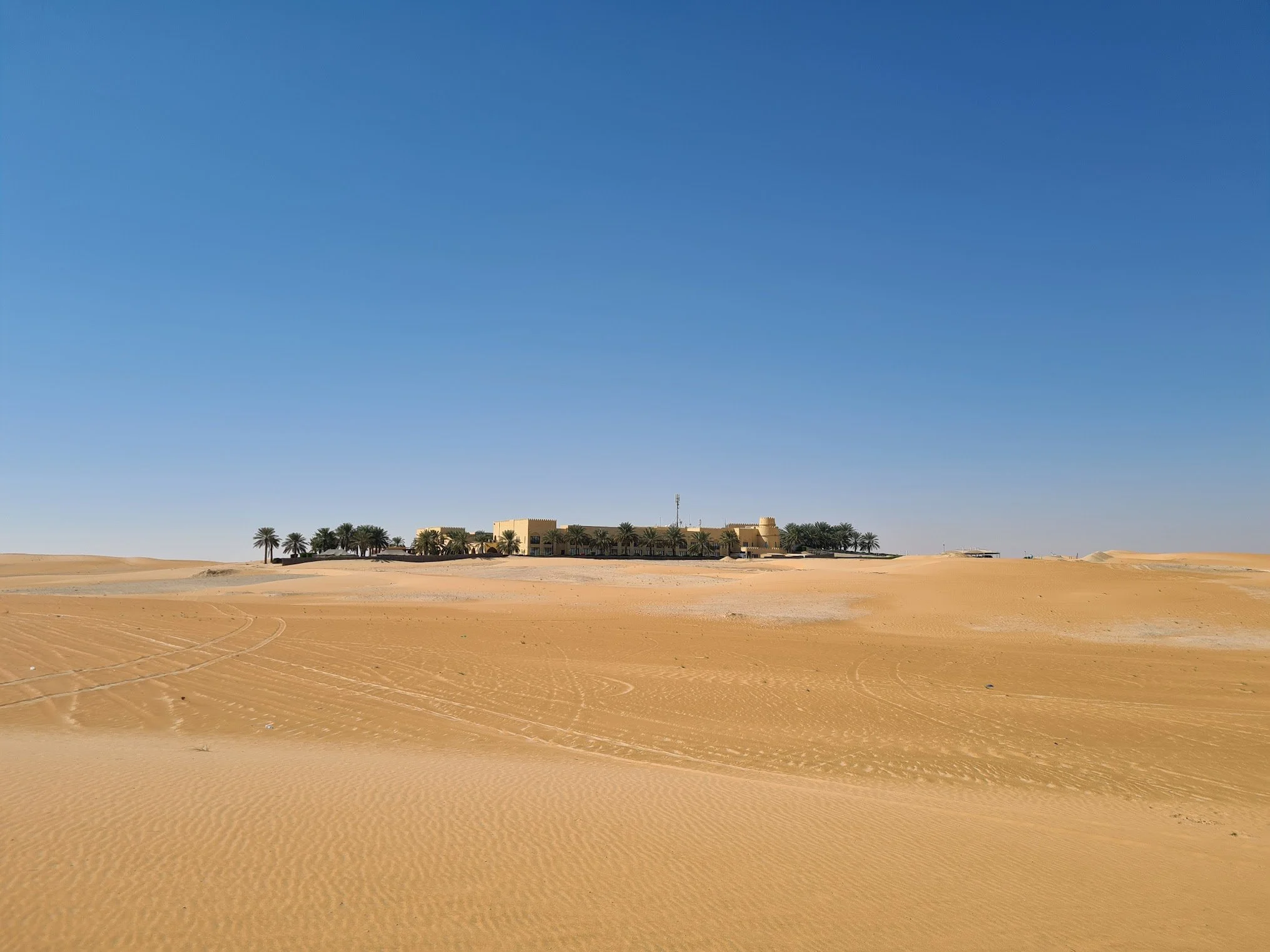I have reflected here and elsewhere about my recent-ish turn away from social media. I didn’t like the way it was warping my brain; I didn’t like how much time I spent on it; I didn’t like how often it made me angry about the state of the world. Algorithmic social media feeds are designed to keep you (doom-)scrolling. At some point I had enough: first of FB, then of Insta, and most recently of Twitter. If you care to hear more, I talked about this with Alyson Klein in a recent pair of pieces from Education Week, here and here.
Instead, I have subscribed to a handful of blogs by writers I trust. In some ways, I have gone back in time and am now experiencing the internet 2013 style, largely via RSS feeds on Feedly (RIP Google reader). I feel more in control of what I'm consuming and less like I'm being manipulated algorithmically.
Today, I wanted to share a few things that I think are worth reading. I may do this on a regular basis, I may not. One thing I like about this period of my life is that I am genuinely doing what I want and creating new habits and patterns. It’s like a good midlife crisis. Instead of buying a dumb sportscar or motorcycle, I am changing my information and news consumption habits.
Clive Thompson on how a Chinese streamer was censored for showing a cupcake that looked kinda like a tank. I’ve always been fascinated by how much Americans are obsessed with China’s censorship of discussions of the Tiananmen Square protests (and state suppression that followed). What China did was clearly terrible. It’s also morally indistinguishable from the National Guard’s murder of students at Kent State or the assault on Black Wall Street in Tulsa. Notably, the discussion of these and other incidents of state violence (like the Wilmington Coup) are often suppressed or unwelcome in US schools. It’s obviously not the same level of censorship as China but the intention of the regime in both cases is the same. The Tiananmen Square massacre is just out of living memory for Chinese millennials but the state’s dramatic efforts to suppress knowledge of the events has led to people accidentally discovering the protests, the so-called Streisand Effect. I hope that recent teacher censorship laws passed in many US states will backfire in the same way.
The scope of the opiate crisis is insane and it has killed an unfathomable amount of people over my adult lifetime. I am in the final pages of Beth Macy’s Dopesick. It is a Michael Lewis-esque work of narrative nonfiction about the US opiate crisis and the extent to which it was foreseeable, preventable, and driven by corporate greed. The data Macy brings to the table is staggering:
Over 100,000 people per year overdose in the US; that’s over 2,700 people (or a 9/11 every day);
We are less than 5% of the global population and consume over 30% of the world’s opioids;
In 2010, enough opioids were prescribed in the US to medicate every man, woman, and child in America—24 hours a day—for a month;
As early as the year 2000, pharmaceutical companies were spending $4,000,000,000 on direct marketing to doctors to induce the doctors to write more prescriptions for drugs, in particular opioids.
Like gun violence, for reasons of general dysfunction, campaign contributions by industry, and regulatory capture, the US is largely alone in struggling with this issue. These are self-inflicted societal wounds. The book is enraging because warnings from clinicians and advocates as early as the 1990s were ignored by regulators and pharmaceutical companies.
Lastly, Melissa Santos on the State Democratic Party Chair bullying State House members for supporting a more experienced and progressive candidate. For my people in Washington, in the aftermath of the recent midterms the tea is coming out about the State Democratic Party Chair, Tina Podlodowski. The short of it is that Podlodowski is deeply pissed that some progressives were supporting non-partisan candidate Julie Anderson for Secretary of State. We discussed this issue on a recent episode of my podcast and Santos covered it in Axios, including screenshots of texts where Podlodowski threatened to cut off house members who didn’t toe the line. Saying to one, "this is bullshit — apparently the House thinks so little of the Democratic Party … we can spend our resources elsewhere." We all understand the nature of political parties but it’s really dumb to see someone go to the mattresses against fellow progressives, especially in defense of Steve Hobbs, who is less progressive than Anderson and was basically the Joe Manchin of the State Senate.
On a more personal note, we are well over here. This weekend Hope and I are in Al Ain visiting her sister Faith. We stumbled on a local Emirati handicraft festival, had some great Ethiopian and Moroccan food, and I’m looking forward to the opening of the World Cup this weekend.
See you next week.




